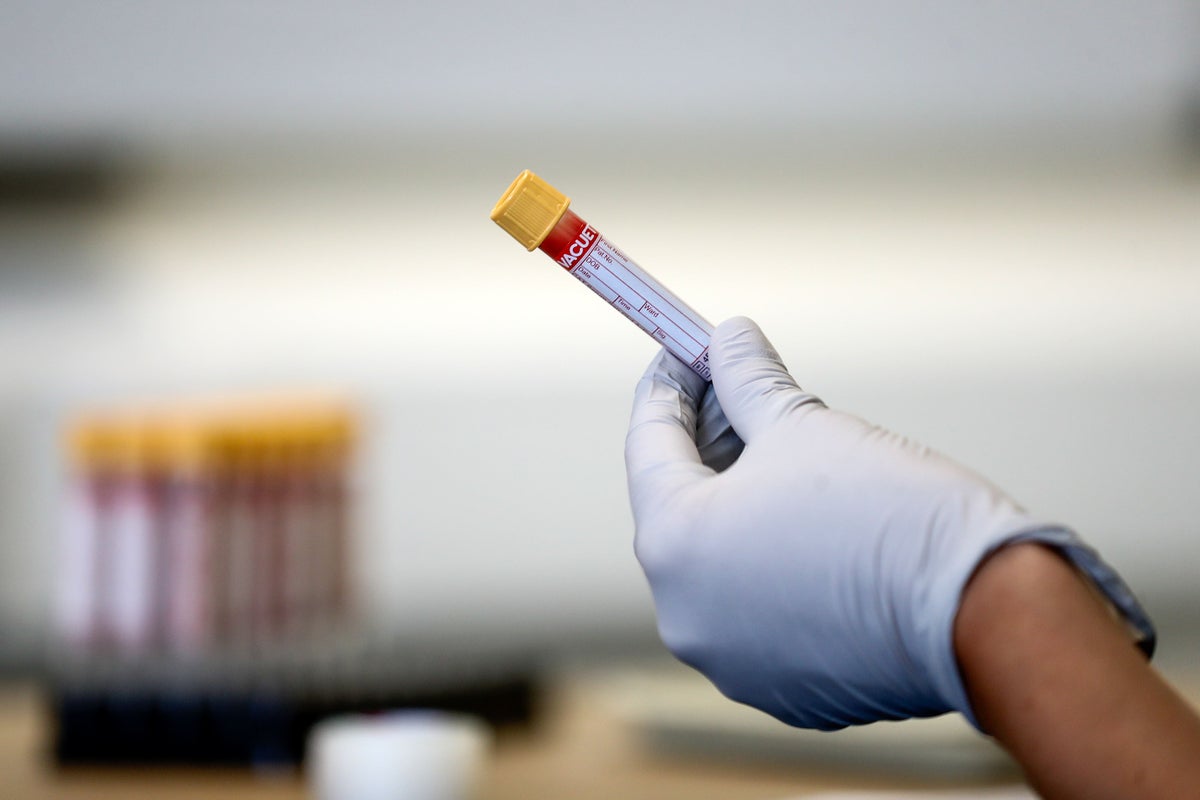
Scientists may have identified a major reason why individuals age, which could lead to therapy to slow down the process as well as reduce the risk of blood cancer.
High levels of toxic chemicals in the body, such as formaldehyde, which is best known as an embalming agent, have recently been found to be naturally made by cells and also to cause ageing.
Leading scientists from Cornell University, the University of Oxford, the University of Cambridge and Cancer Research UK are trying to understand what causes the body to overproduce formaldehyde.
It is hoped that drugs may be able to lower levels of it in the body and reverse the ageing process.
Professor Meng Wang, a haematology expert who led the study at Cambridge before moving to Cornell, told The Daily Telegraph: “We believe we have pinned down one of the potential causes of natural ageing. This could potentially lead to a therapy to slow down natural age-related decline.”
Scientists have also recently discovered a condition caused by a genetic mutation that prevents sufferers from removing formaldehyde from their system. It affects fewer than one in a million people, and can lead to the development of blood cancers.
According to Cancer Research UK, formaldehyde causes DNA damage to blood stem cells, which can accelerate their ageing and increase the likelihood of blood cancers.
The research, published in the journal Cell Metabolism, identified a common link between DNA damage in blood cancer and ageing.
Prof Wang added: “There’s this debate in ageing. One side says that ageing is a result of slow, gradual, accumulated damage, like riding the same bicycle over the years. Slowly bits of rust and everything makes it not work as well as it used to.
“And then there’s the other camp that says, actually, ageing is a programmed response triggered by various stressors that turns a young cell into an older one. What we found is that actually, at least in blood stem cells, it is very much a triggered response, dependent on a protein called p53.”
The team only looked for signs of ageing in blood, but it is suspected that ageing also occurs in the organs. The team are also investigating whether formaldehyde production is affected by food or other lifestyle factors.







